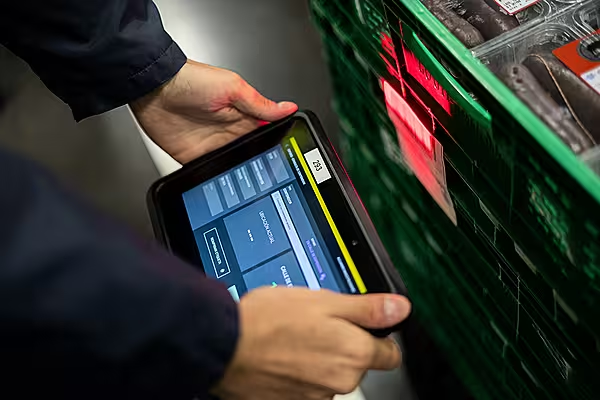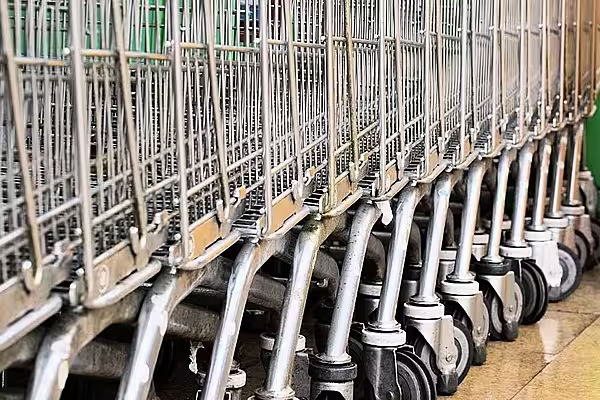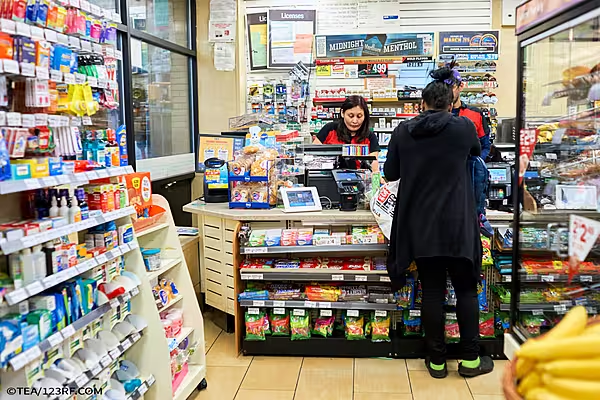Fuel operator Repsol has hit what it describes as a 'significant milestone', with the opening of its 600th service station supplying 100% renewable fuel.
Repsol now offers the fuel in 550 fuel outlets in Spain and 50 in Portugal, in line with the target in its 2024-2027 Strategic Update to reach 600 stations with 100% renewable diesel before year-end.
The renewable NEXA Diesel is produced from organic waste, such as cooking oil or agri-food waste, and reduces CO2 emissions by as much as 90% compared to the traditional diesel it replaces, according to Repsol, due to its lower carbon intensity.
'Sustainable Technology'
According to Repsol's client executive managing director, Valero Marín, achieving this target "confirms our commitment to increasing the range of sustainable technologies for mobility, helping customers to choose the one that best suits their needs.
"Renewable fuels are another alternative on offer in our extensive network of stations which enable immediate decarbonisation of the transport sector. At Repsol, we want to continue to be the travel companion of our customers, whether they use an electric car, a gas-driven car, or a car that runs on renewable fuels."
Renewable Fuels
Last April, Repsol announced the commencement of industrial-scale production of renewable fuels at its facility in Cartagena, the first on the Iberian peninsula specialised in the production of 100% renewable fuels.
This follows a €250 million investment by the firm, with the facility having a production capacity of 250,000 tonnes of fuel per year. As well as renewable diesel, the plant also produces sustainable aviation fuel (SAF) for use in the public transport sector.
“Renewable fuels are called to play a key role in the energy transition, as they fulfil the three pillars of energy policy: sustainability, competitiveness and security of supply," added Berta Cabello, Repsol's director of renewable fuels.
“We are immersed in a profound transformation of the company, evolving our industrial complexes into multi-energy hubs with the capacity to generate products with a low or zero carbon footprint, promoting new business models based on circularity, digitalisation, and technology,”











